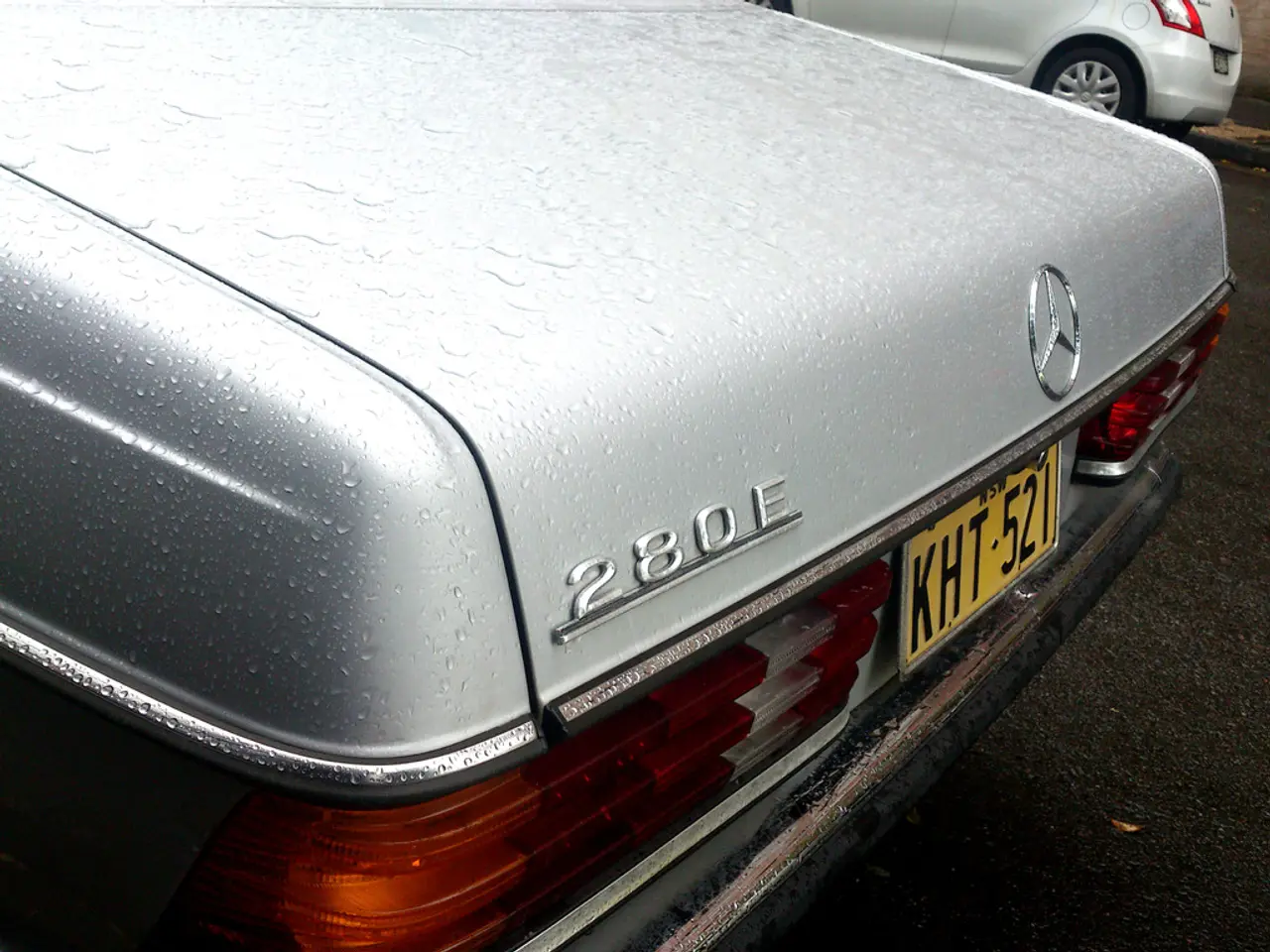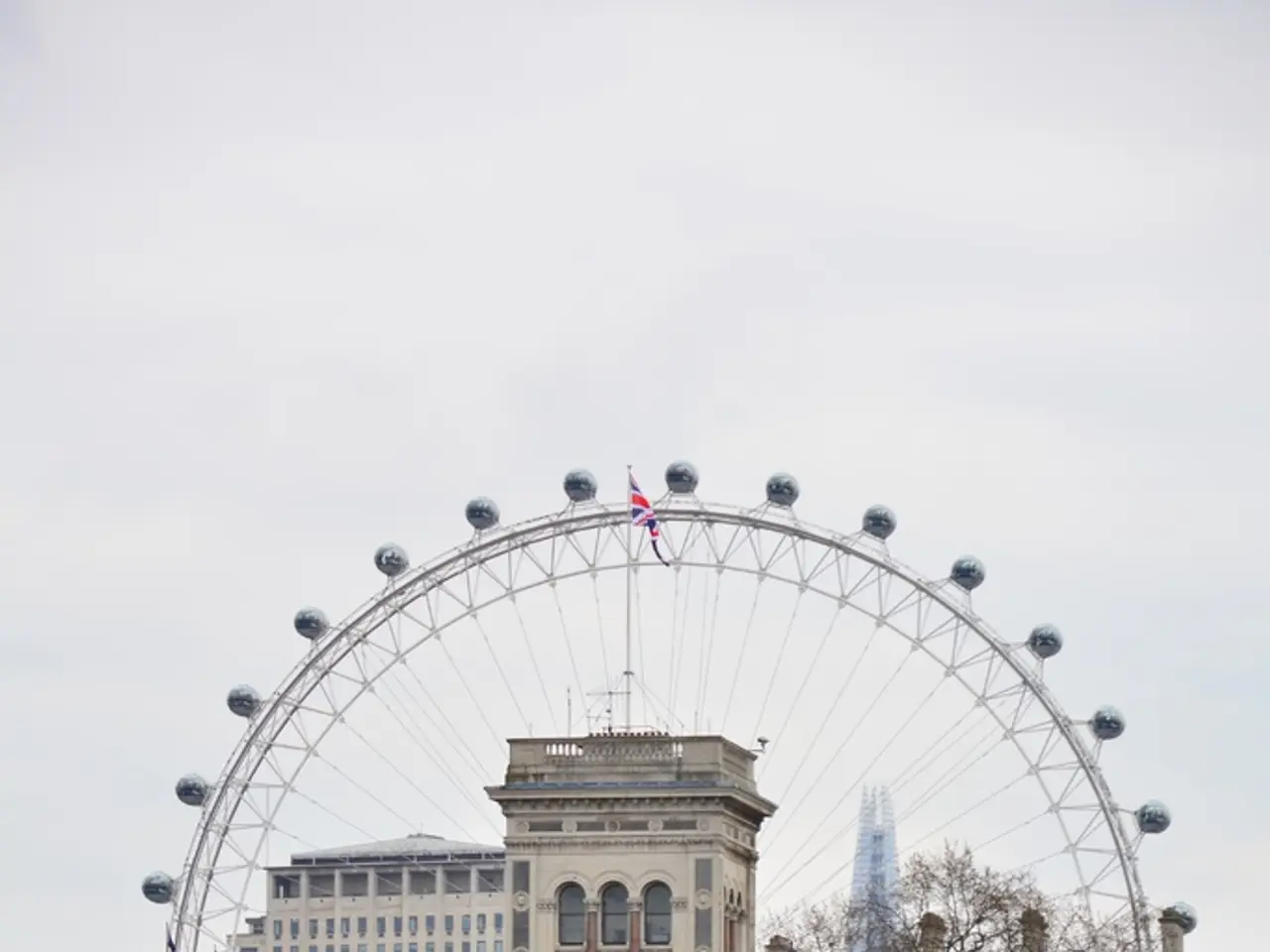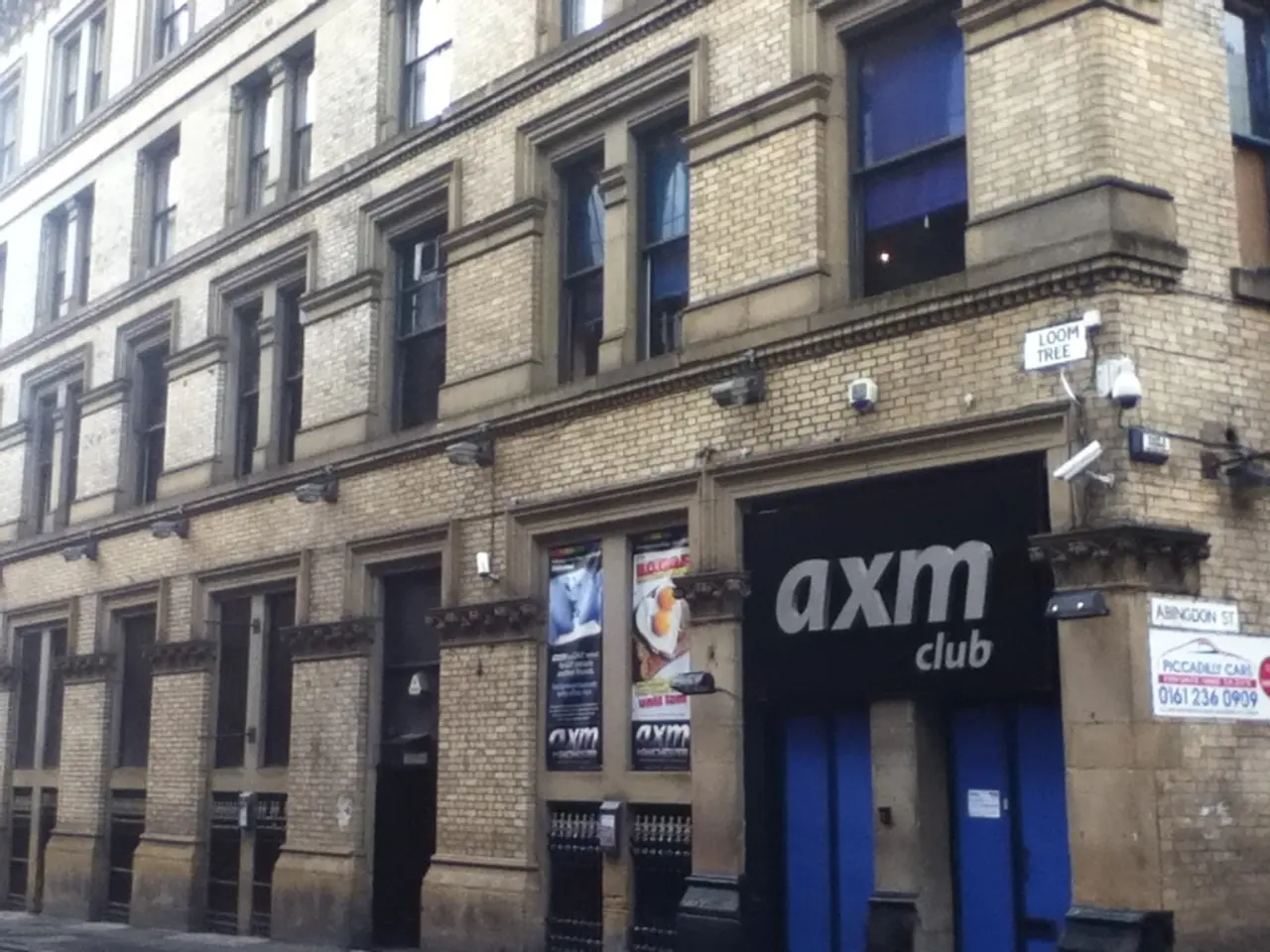Jaguar Land Rover CEO Steps Down amid Escalating Difficulties
Jaguar Land Rover Delays Electric Range Rover and Jaguar Models Until 2026
Jaguar Land Rover (JLR) has announced that it will delay the introduction of its electric Range Rover and Jaguar models until 2026. Originally planned for late 2025 deliveries, the decision comes as a result of extended testing to ensure quality and performance standards, as well as a desire to wait for clearer market developments before launching these vehicles.
The delay is not without its challenges. JLR is facing a number of external pressures, including rising US import tariffs, a slower-than-expected demand for electric vehicles (EVs), and a recent 10.7% drop in first-quarter sales. These factors have affected JLR's strategy, alongside a reduction in profit margin targets for 2026.
Adrian Mardell, who had been instrumental in trying to reposition the struggling Jaguar brand, has stepped away from his role as CEO after more than 35 years with the Tata-owned company. During his nearly three-year tenure, Mardell steered the company back into profitability, posting its highest profit in a decade and rid itself of £5 billion ($6.6 billion) of debt.
The delays come during a critical transition period for JLR, as the company aims for full electrification by 2030. The Jaguar brand is transitioning into a luxury battery-electric vehicle maker, with the unveiling of the Jaguar Type 00 Concept. However, the Type 00 Concept, previewed in the outlandish BEV, has done little to alleviate concerns that the brand is distancing itself from its core consumer.
JLR has not yet named a replacement CEO for Mardell. The company's success was primarily driven by the global commercial success of its SUV products, particularly the Land Rover Defender and luxury Range Rover vehicles. The U.S. is a key market for JLR's high-margin SUV products, accounting for nearly a quarter of the automaker's global sales.
The production of the electric variant of the Range Rover Velar is expected to be delayed, alongside its original schedule of April 2026. JLR plans to offer BEV versions of all its models by 2030, but may launch new models with alternative powertrains that could appeal more to current markets.
The delays reflect JLR’s cautious approach to quality and market timing amid external economic pressures and a highly competitive EV landscape. The implications for JLR include impacts on brand reputation and customer satisfaction due to delayed deliveries, as well as financial consequences from delayed revenue recognition and lowered earnings forecasts. The delays may also challenge JLR's competitive positioning in the fast-growing luxury EV market.
Sources:
- Autoline Daily 2025: Top Industry News for July 31
- Jaguar Land Rover Delays Electric Range Rover and Jaguar Models Until 2026
- Jaguar Land Rover to Cut 500 UK Management Jobs
- Jaguar Land Rover Postpones Launch of Electric Range Rover and Jaguar Models
- The delay in the introduction of Jaguar Land Rover's electric Range Rover and Jaguar models until 2026, as reported, could have financial implications for the company, particularly in the realm of finance, as revenue recognition and earnings forecasts might be affected.
- In the transportation industry, Jaguar Land Rover's decision to delay the launch of its electric Range Rover and Jaguar models until 2026 might pose challenges to its positioning in the growing market for luxury electric vehicles (EVs), as it may strain customer satisfaction and brand reputation due to delayed deliveries.




